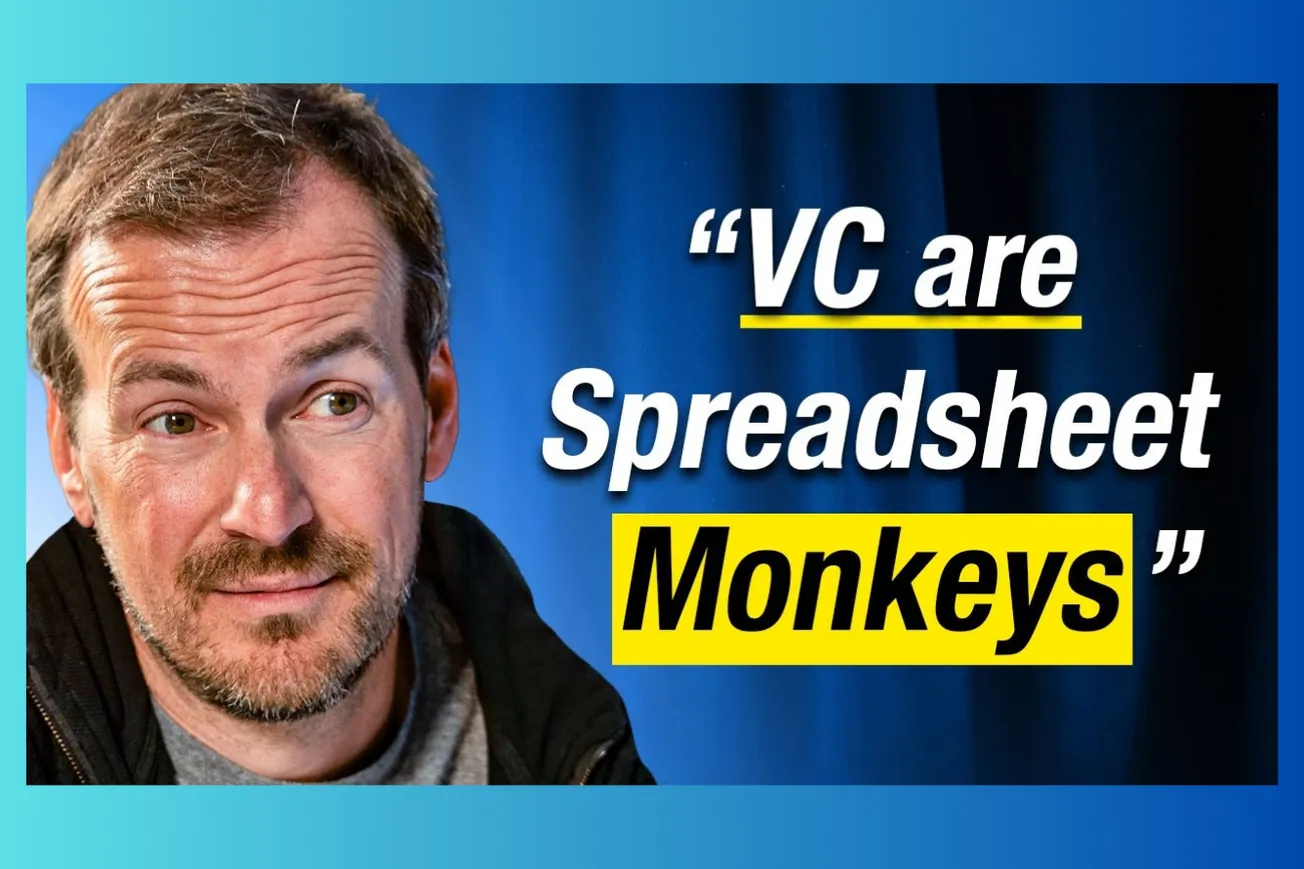Table of Contents
Taavet Hinrikus reveals how the rise of multi-stage venture funds disrupts seed-stage investing, underscoring the critical need for founder experience, alignment of incentives, and patient, mission-driven capital.
Key Takeaways
- Most European venture capitalists lack meaningful operating experience, limiting their ability to back truly transformative founders who can build enduring companies.
- The venture capital industry has become commoditized, reducing investor differentiation to spreadsheet-driven metrics rather than deep founder insight and operational empathy.
- Multi-stage funds distort early seed rounds by turning them into high-velocity option plays focused on securing future rounds, which can disadvantage founders and early investors.
- Plural Partners champions a model where partners invest their own capital alongside limited partners, creating better alignment and skin in the game.
- Lower management fees allow Plural to deploy capital across more investments per fund, increasing their shots on goal for breakthrough startups.
- Founder-VC tensions often arise due to misaligned timelines and liquidity pressures, especially in deep tech and long-horizon ventures.
- Europe’s strategic imperative for technological sovereignty drives a growing demand for deep tech funding to build independent defense, energy, and industrial capabilities.
- Serial entrepreneurs pursuing larger, more ambitious missions offer more compelling investment opportunities than repeat founders rehashing similar ideas.
Bridging the Operating Experience Gap in European Venture Capital
- The vast majority of European general partners have no real-world operating experience in companies, which severely limits their ability to evaluate founders beyond spreadsheet projections.
- Taavet Hinrikus emphasizes the value of "scar tissue"—the lessons and empathy gained from actually building and running companies.
- This gap leads to a tendency for early-stage investments to feel like rapid-fire portfolio plays, lacking the mission-driven focus necessary to back game-changing startups.
- Plural differentiates itself by ensuring its partners have founded or scaled companies themselves, fostering deeper understanding and stronger founder relationships.
- Founders consistently appreciate investors who have "walked in their shoes," as it builds trust and more effective collaboration.
The Commoditization of Venture Capital and the Spreadsheet Mentality
- Venture capital increasingly resembles a commoditized market, where many investors are reduced to "spreadsheet monkeys" focusing on predictable SaaS metrics and cohort analysis.
- While this model may suit mid- and late-stage investing, it fails to capture the nuanced judgment required to evaluate early-stage founders and transformative ideas.
- The era of predictable SaaS growth is waning as frontier technologies and AI bring unprecedented uncertainty and volatility to startups.
- Taavet points out that identifying and backing transformational companies demands looking beyond standard metrics to assess founder vision, grit, and unfair advantages.
How Multi-Stage Funds Undermine Seed Rounds
- Multi-stage funds inject large sums into seed rounds primarily as an option play to secure access for follow-on investments, driving valuations up and distorting seed dynamics.
- This high-velocity capital flow transforms seed rounds into transactional, competitive exercises rather than meaningful founder support opportunities.
- Founders may gain initial funding but often lose long-term negotiating power to multi-stage firms prioritizing dominance in later stages.
- Taavet predicts a reckoning ahead, where founders recognize that receiving a check from a multi-stage fund does not guarantee continued backing or favorable terms.
- Plural advocates a disciplined, founder-first approach that emphasizes quality over quantity in early investments, preserving founder autonomy and long-term partnership.
Alignment and Skin in the Game: Rethinking the VC Model
- Plural charges roughly half the standard VC management fee, which allows deploying capital across more startups per fund and increases chances of finding breakout successes.
- Partners at Plural commit personal capital alongside limited partners, creating deep alignment with both investors and founders.
- This contrasts with traditional venture models where fee structures may encourage volume over value, diluting incentives.
- Taavet stresses that compensation and rewards should be earned through performance and real value creation rather than entitlement.
Founder-Investor Dynamics: Navigating Timeline and Liquidity Challenges
- Timeline misalignment is a frequent source of tension, as founders often envision multi-decade journeys while investors seek faster liquidity and returns.
- Deep tech and frontier companies exacerbate this challenge, with longer paths to commercialization and capital events.
- Secondary markets provide some relief by offering earlier liquidity options, but they do not fully solve the misalignment.
- Transparent communication and setting realistic expectations are essential to maintaining trust and constructive founder-investor relationships.
Europe’s Sovereignty Imperative and Deep Tech Race
- The geopolitical aftermath of the Ukraine war has spotlighted Europe’s urgent need to build sovereign capabilities in defense, energy, and technology sectors.
- Taavet foresees a tripolar global landscape comprising American, European, and Chinese industrial spheres, each requiring independent technological infrastructure.
- Europe faces challenges from regulatory fragmentation and market division but benefits from rising political will and capital allocations to strategic industries.
- Investments in cutting-edge sectors like fusion energy, space technology, and defense startups represent critical priorities for European tech sovereignty.
Backing Ambitious Serial Entrepreneurs for Maximum Impact
- Plural prioritizes serial entrepreneurs who pursue increasingly audacious and impactful missions rather than founders repeating similar ideas.
- Serial founders typically bring valuable lessons from past ventures and aim for larger scale, which often leads to outsized returns.
- Taavet warns against backing founders who simply replicate previous businesses, emphasizing the importance of visionary, mission-driven entrepreneurship.
The Future of Venture Capital: Building a Better Industry
- The venture industry must move beyond commoditization to embrace deeper alignment, founder empathy, and patient, mission-focused capital.
- Reducing fees, encouraging partner skin in the game, and improving transparency can rebuild trust and drive sustainable value creation.
- Europe is at a critical inflection point to foster tech sovereignty through focused venture investment aligned with strategic goals.
- The most successful returns will emerge from founders and investors committed to transformative, long-term missions that reshape industries.
While multi-stage funds currently dominate capital flows, the future of venture belongs to those who back founders with real skin in the game, true operational experience, and aligned incentives for shared success.





